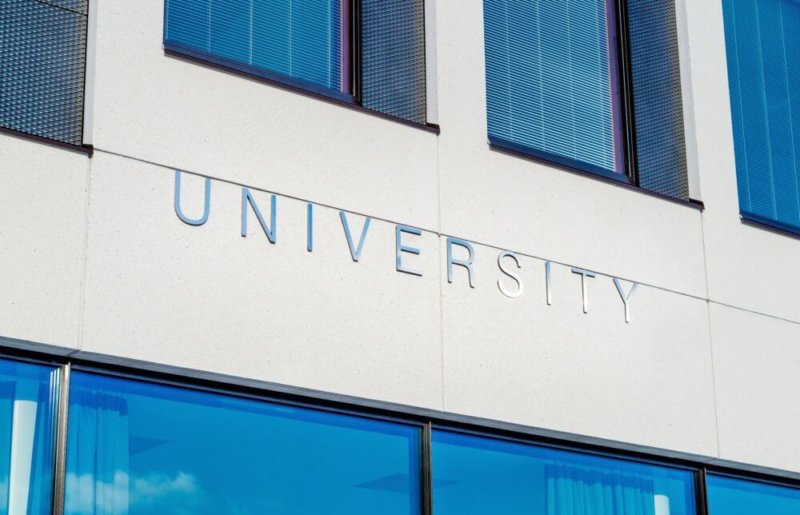Stop by after class with questions, thoughts and updates
“Stop by after class,” is my phrase at the end of class, “with questions, thoughts and updates.”
This statement is easier said than done. In my 16 years of teaching college courses, rarely do students take the initiative to meet with professors after class. Office-hour visits can help to clarify assignments and build long-term relationships between students and teachers.
Needing to schedule a meeting with a professor is usually a reactionary panic to complain about group project dysfunction or express concern about grades. These potential issues could be identified earlier when proactively meeting with teachers to discuss issues and brainstorm suggestions.
 Professors usually include their office hours in the course syllabus. This is an invitation to stop by, have a conversation and get help on an assignment. Before scheduling a meeting, it is helpful to write an email detailing some areas to cover.
Professors usually include their office hours in the course syllabus. This is an invitation to stop by, have a conversation and get help on an assignment. Before scheduling a meeting, it is helpful to write an email detailing some areas to cover.
In asking for help on a homework assignment, prepare a list of specific items to review. The teacher and student can discuss this outline together. The professor can recommend additional reading materials and clarify concepts with further examples.
After the meeting, email a quick thank you and summarize the topics discussed. The student can include questions that were not covered. Documenting the meeting helps the teacher and student refer to the points reviewed in the meeting to track progress.
Professors often refer to office hour meetings as “teaching moments,” where the conversation can evolve into talking about related academic topics and professional interests. Meetings can help a teacher get to know the student’s background and plans beyond the classroom discussion and projects.
During office hour meetings, students can ask the teacher for advice on future career opportunities. Teachers can suggest ideas to boost qualifications such as additional classes to take, research projects to participate in and academic clubs to join.
In forging an ongoing relationship with a professor, the student can ask about potential internships and job opportunities that could be a good fit for their future goals. For example, if a student enjoys snowboarding and is talented with social media, the professor might encourage the student to consider sports marketing internships.
Colleges have career placement centers that coordinate job fairs, graduate school speakers and alumni presentations. In meeting with professors before these events, they may have suggestions for the student to optimize these professional discussions.
Many colleges and graduate school applications require professors to complete a chart that rates the student across various academic, teamwork and leadership categories compared to other students they have taught. When the teacher knows the student’s abilities both in the classroom and around campus, this broader exposure sheds insight into the student’s personal qualities that can gauge future success.
Teacher recommendations are required for college, graduate school and abroad programs. Some job postings and internships also ask for professor references. When requesting a letter, it is important to meet with the teacher in person, if possible. Scheduling a face-to-face conversation shows professional respect and a personal relationship with the professor. Be sure to provide a resume with a LinkedIn address as context to the student’s background and achievements.
When emailing a teacher for a reference, the note typically includes two paragraphs of information. The introduction should describe the future opportunity and the deadline to submit the reference. The second paragraph should include a personal reflection of why the student enjoyed the class and how the course material is relevant to the future job or academic program. A memorable reference should include detailed paragraphs, instead of brief sentences.
After requesting the reference, the student needs to ensure that the letter is submitted on time and according to the requirements. It is helpful to email a follow-up asking if additional information is needed to make the deadline.
Once the letter is submitted, write a thank you-note as both an email and send an actual card as an extra touch. The note should reflect on the professor’s impact that helped the student pursue their professional interests.
College is the starting point to practice networking opportunities. Getting to know professors can build lifelong connections. Students and alumni should keep in touch with professors even after completing the class.
With the busy back-to-school schedule, remember to include meetings with professors. Office hour visits are a natural conduit to develop impactful relationships.
Stop by after class to open doors.
(Margo Bartsch founded College Essay Coach, a full-service college admission business and has been an adjunct professor in business at Champlain College and at Middlebury College.)

